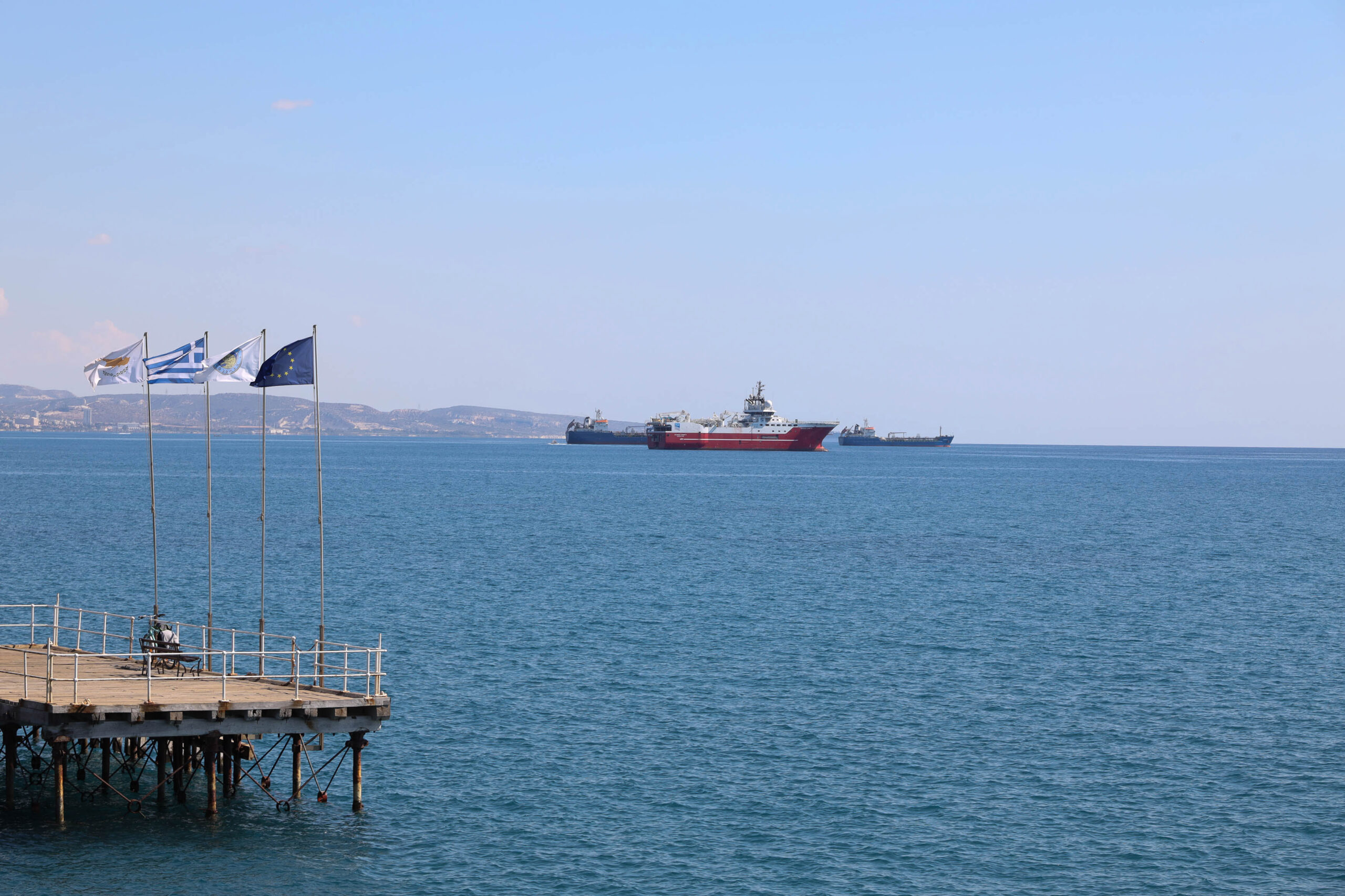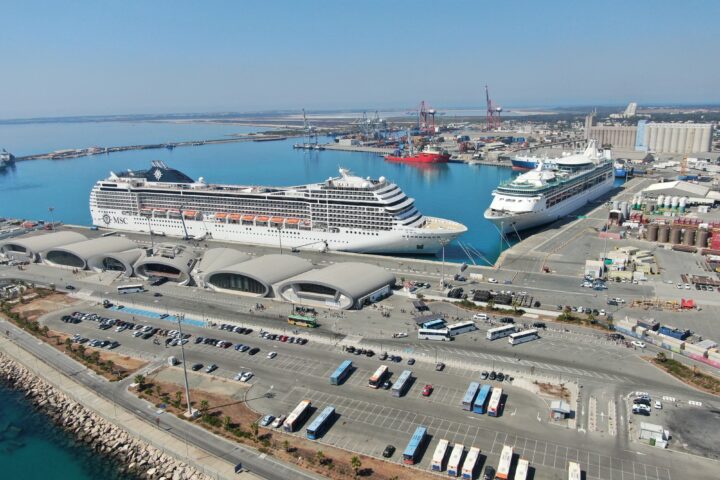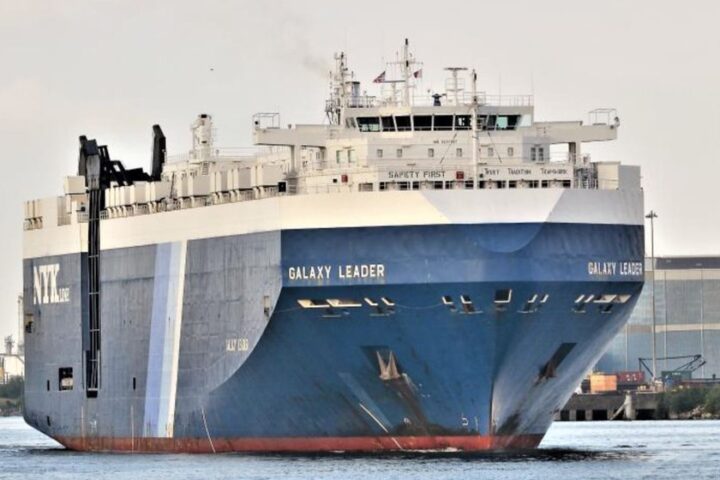Cyprus lost €25 mln in revenue from the ship management sector in the first half of 2023 but saw an increase of 9% year-on-year to €623 mln, the second-highest level in five years, according to a Central Bank report.
German ship owners maintained the lion’s share as the main trading partner for the industry and a 40% market share, down a percentage point from the second half of 2022.
Greece kept second place with 17% of revenues, up from 16%, while Switzerland doubled its share of payments from 5% to 10%.
Malta, Singapore, and the US kept their shares unchanged at 5%, 4% and 4%, respectively.
The semi-annual Ship Management Survey (SMS) for January-June saw revenues drop from the all-time peak of €648 mln at the end of December 2022, ending four consecutive quarters of steady growth.
President Nikos Christodoulides hailed the ship management industry in his opening address at the Maritime Cyprus conference on Monday, saying the island is considered the largest ship management centre in Europe and one of the biggest in the world.
“Shipping is one of the most important pillars of the Cyprus economy and has contributed significantly to the country’s GDP throughout the years,” he said.
Industry estimates place the maritime sector’s contribution to the economy at 7% of GDP, with the central bank’s SMS report concluding that ship management alone accounts for 4.5% of GDP.
The rest of the revenues are from the Cyprus Registry, while ship management does not necessarily mean that vessels managed locally have to carry the Cyprus flag.
During H1 2023, the top 27% of the companies accounted for 94% of the industry’s revenues.
Full ship management services attracted 48.6% of the revenue, followed by crew management with 47.6% of total revenue (from 49%), whereas technical management attracted 3.8%, the central bank survey said.
According to the SMS, the ship management industry’s expenditure in the first half of 2023 declined from €629 mln to 604 mln.
These concern crew expenses, which accounted for 70% of the total. Most of these payments were directed at non-EU seafarers (49%).
Administration expenses increased to 6%, while ship management expenses (e.g., spare parts, lubricants, dry-docking) dropped to 24% of the total amount in H1.










